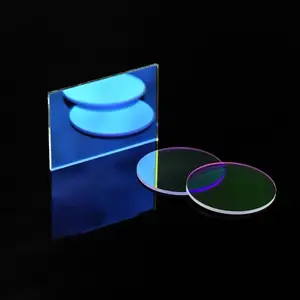Giới thiệu về kính màn hình máy chiếu
Alibaba.com cung cấp các sản phẩm 3241 kính màn hình máy chiếu. Có rất nhiều kính màn hình máy chiếu lựa chọn dành cho bạn, chẳng hạn như điện, 3d, và khung. Bạn cũng có thể chọn từ alr, pvc, và holographic kính màn hình máy chiếu. Cũng như từ có, không có kính màn hình máy chiếu.Và bất kể kính màn hình máy chiếu là trắng, màu xám, hay đen.














